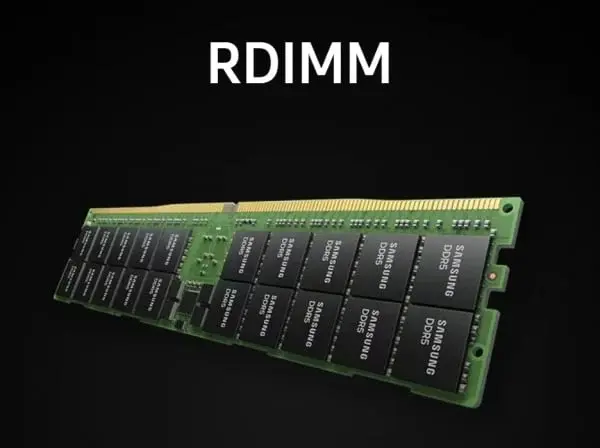Samsung is looking into incorporating molded-in-fill (MUF) technology in its next generation of dynamic random-access memory (DRAM), as per a report from TheElec. This decision indicates Samsung's exploration of innovative methods to boost the performance and efficiency of its memory products. The MUF technology, previously employed by SK Hynix in the production of high-bandwidth memory (HBM), presents promising opportunities for Samsung's future DRAM projects.
Samsung’s tests on an MR MUF process have indicated promising outcomes
MUF technology involves injecting a substance between semiconductors after creating numerous small holes in the semiconductor layers. This process is designed to securely link multiple vertically stacked semiconductors. Samsung's recent experiments with an MR MUF process for 3D stacked memory have demonstrated improved throughput in comparison to traditional methods like thermal pressed non-conductive film (TC NCF). However, there are concerns about its impact on physical properties.
Samsung's Strategic Application of MUF Technology
While Samsung identified MUF as unsuitable for HBM technology due to specific demands, it envisions potential uses in 3DS registered dual in-line memory modules (RDIMMs), predominantly deployed in server settings. This choice is in line with Samsung's dedication to advancing server DRAM memory technologies to meet the changing demands of the industry.
Advantages of MUF Technology in Semiconductor Industry
MUF's success in HBM production by SK Hynix has attracted attention in the semiconductor sector. This epoxy resin molding compound is believed to offer benefits such as preventing wafer warpage and enhancing overall performance. Samsung's efforts to develop its proprietary MUF compound in partnership with Samsung SDI indicate a strategic step towards establishing custom solutions tailored to its needs.
Implications of Samsung's Potential Adoption of MUF Technology
The potential integration of MUF technology by Samsung carries weight in the semiconductor market. As the world's leading storage semiconductor enterprise, Samsung's backing of MUF could accelerate its broad acceptance and adoption as a mainstream technology. This advancement has the potential to reshape the landscape of the semiconductor material market, ushering in significant changes in the industry.


Leave a Reply